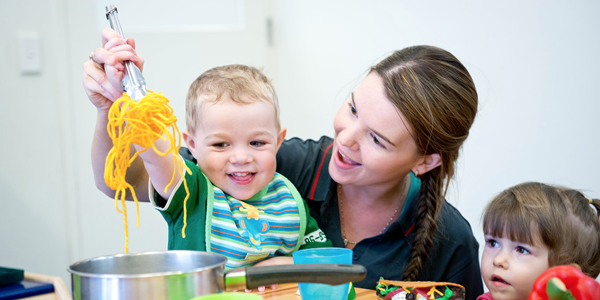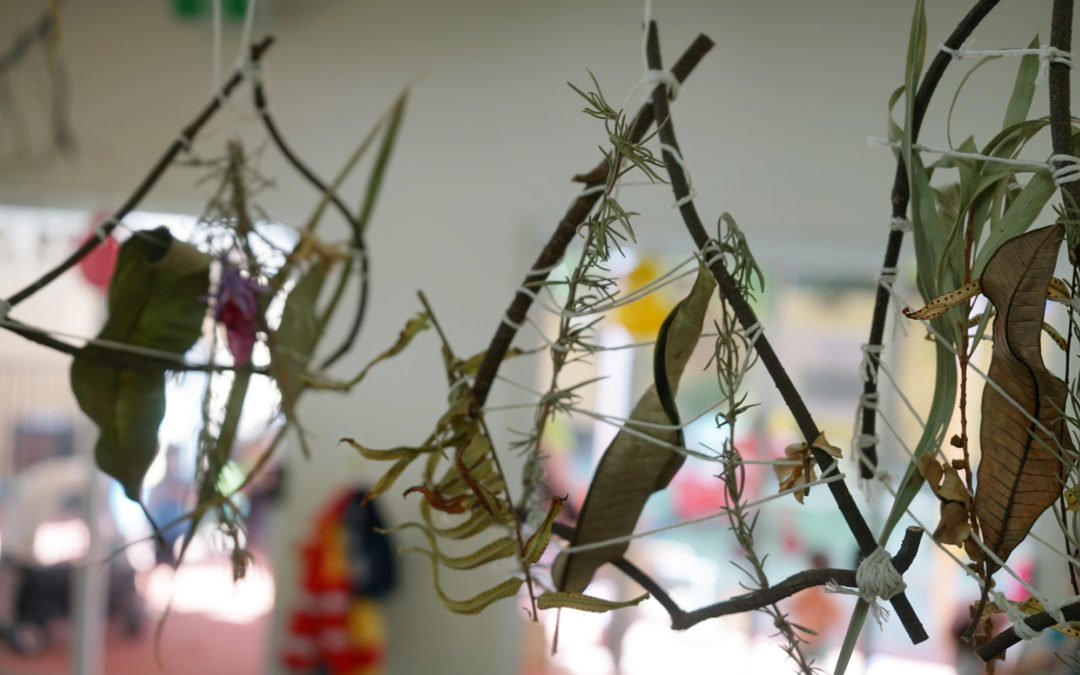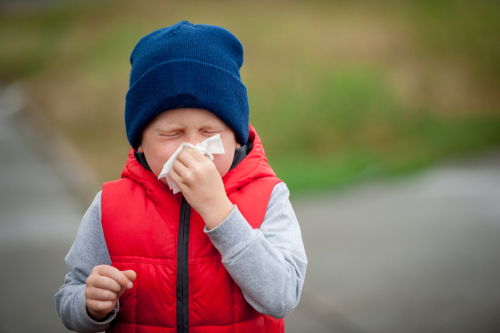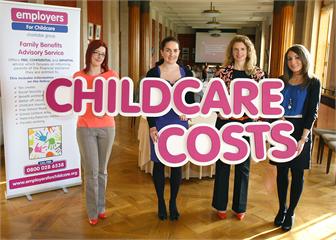Is there truth to this assumption and what can we all do about it.
Why does it ‘always feel like’ when your child starts childcare they always seem to ‘get’ sick.
There seems to be a real stigma around this thought and for those of us who work in childcare it can sometimes be quite demoralising as we work hard not only educating your children but providing them a clean and safe environment.
So what truth is in this?
Yes, I do agree some children tend to get sicker than others and this can be a thing when children first start in care, but is it the cleanliness of the centre that causes this? In some places this could definitely be a cause however with our strict hygiene and safety policies and procedures we are governed to follow, I don’t believe this is the reason.
So, what is it, I hear you ask that causes the sicknesses?
With any age group, babies, toddlers, school children and adults when they are grouped together in a space where they are breathing in and out the same air, and when they are sharing the same toys/ stationary / computers / facilities, germs are bound to spread. This is just fact.
We have all experienced I’m sure when the common cold goes around the office, generally the majority of the people in the office will catch the cold. This is because we are sharing the same circulated air and equipment. The same happens in childcare and schools, however as adults we understand not to share pens, or equipment with someone who becomes unwell, young children do not always remember this rule as much as we try to enforce it in the centre.
The other thing to remember, prior to your child starting in a childcare centre, they probably spent the majority of their time at home with you where they weren’t surround by another 10, 20 or even 30 other children and adults in the same room at the same time. The more people they are around, the higher the chance of becoming sick.
Now this sounds all doom and glume I’m sure to you at home wondering why you have put your child in care.
Well, the good news is you are helping your child build their immunity to all these common illnesses. At some stage in their life, they will be consistently surrounded by others at school, team sports, concerts, work etc and by placing your child in childcare now, this is step 1 to helping them build their immunity.
What else do we do in the centre to prevent the spread of illnesses:
- We ensure every day the children have lots of outside play in the fresh air to limit the spread of germs in the air
- When the temperature is between 16 and 30 degrees we have the children sleeping outside under cover and in the fresh air. (Sunscreen is applied prior to sleeping)
- While the children are sleeping, they sleep head to toe to prevent them from breathing on one another
- We have a ‘mouthed’ bucket in every room. Every time we see a toy mouthed by a child, we place it into the bucket to be cleaned and disinfected.
- We have a cleaner in the centre every day who does a thorough clean of the rooms, bathrooms and equipment.
- We rotate the equipment in the rooms on a weekly They are cleaned, disinfected and dried out in the sunshine when possible, to kill all germs
- We have strict policies and procedures on contagious illnesses which allow us to send children home when we think they are contagious.
What can you do to help your child stay well in childcare?
- Ensure your child eats a variety of healthy foods – include vegetables, fruit, breads, cereals, dairy and protein. Care for kids recommends the following immune boosting foods
- Almonds (age appropriate); berries; low/no sugar yoghurt; salmon; eggs; broccoli; spinach; sweet potato; seeds and oats.
- Ensure your child is getting adequate, quality sleep
- Ensure your child gets enough exercise
- Ensure your child is up to date with their immunisation
- Encourage good health and hygiene practices
(June 2020: www.careforkids.com.au/child-care-articles/article/584/immunity-boosters-for-kids-in-care)







Recent Comments